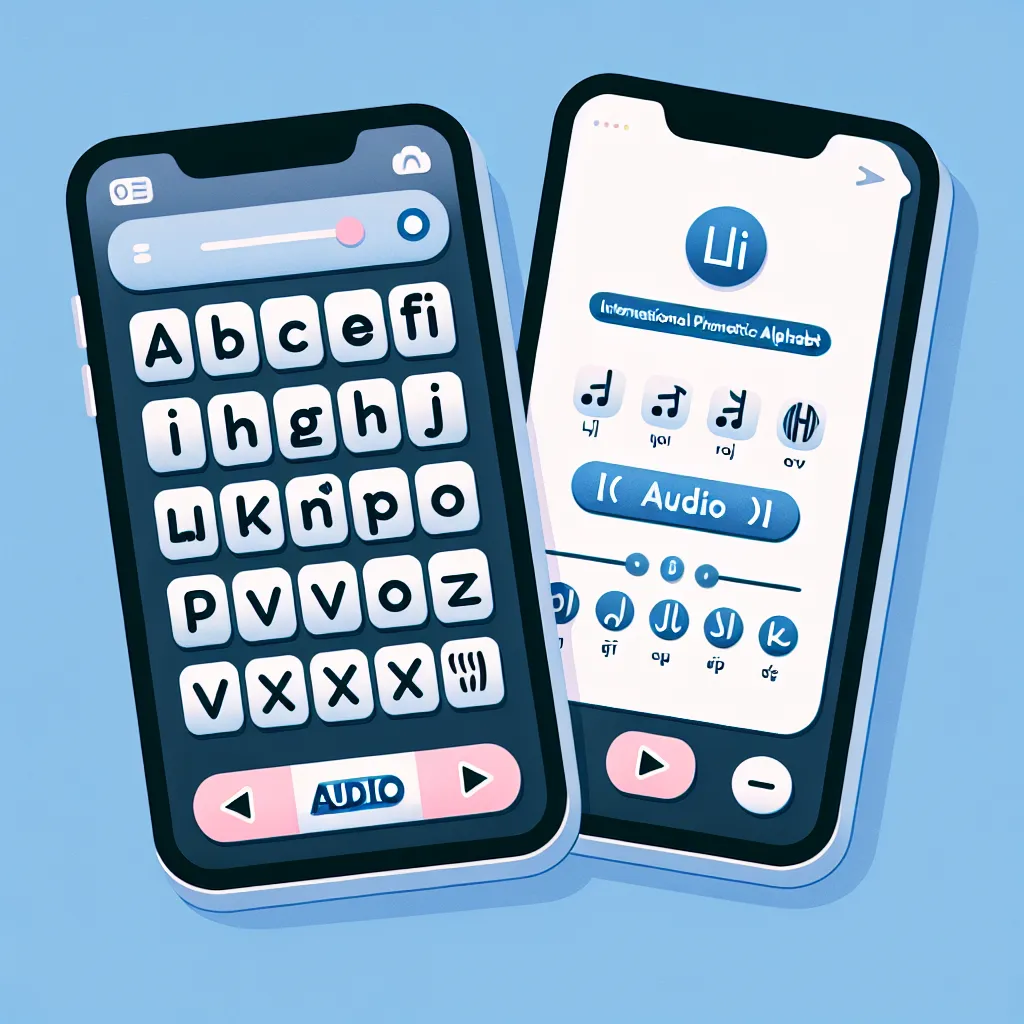Mastering the pronunciation of difficult vowel sounds is a crucial aspect of learning English. Whether you’re a beginner or an advanced learner, improving your vowel pronunciation can significantly enhance your overall speaking skills and help you sound more natural and confident.
 English Vowel Pronunciation Chart
English Vowel Pronunciation Chart
Understanding Vowel Sounds in English
English has a complex system of vowel sounds, which can be challenging for non-native speakers. There are 20 vowel sounds in English, including 12 monophthongs (pure vowels) and 8 diphthongs (gliding vowels). Understanding these sounds is the first step towards mastering their pronunciation.
The Importance of Vowel Sounds
Vowel sounds play a crucial role in English pronunciation for several reasons:
- They carry the main sound of a syllable
- They can change the meaning of words (e.g., “bit” vs. “beat”)
- They contribute significantly to the rhythm and intonation of speech
Mastering vowel sounds will not only improve your pronunciation but also enhance your listening comprehension and overall communication skills.
Common Challenges in Vowel Pronunciation
Many learners struggle with certain vowel sounds that don’t exist in their native language. Some of the most challenging vowel sounds for non-native English speakers include:
- The schwa /ə/ (as in “about”)
- The short ‘i’ /ɪ/ (as in “sit”)
- The long ‘e’ /iː/ (as in “seat”)
- The ‘a’ in “cat” /æ/
- The ‘u’ in “put” /ʊ/
Understanding these challenges is the first step towards overcoming them.
Effective Techniques for Mastering Difficult Vowel Sounds
1. Focus on Mouth Position and Tongue Placement
Each vowel sound requires a specific mouth position and tongue placement. For example:
- For the long ‘e’ /iː/, spread your lips wide and keep your tongue high in the front of your mouth.
- For the short ‘i’ /ɪ/, relax your lips slightly and lower your tongue a bit.
Practice in front of a mirror to observe your mouth movements and compare them with native speakers in videos or tutorials.
2. Use Minimal Pairs
Minimal pairs are words that differ by only one sound. Practicing with minimal pairs can help you distinguish between similar vowel sounds. For example:
- ship /ʃɪp/ vs. sheep /ʃiːp/
- cap /kæp/ vs. cup /kʌp/
- pull /pʊl/ vs. pool /puːl/
Create flashcards with minimal pairs and practice saying them aloud regularly.
3. Listen and Repeat
Listening to native speakers and repeating after them is an effective way to improve your pronunciation. You can use resources like:
- Pronunciation videos on YouTube
- Audio lessons from language learning apps
- Podcasts designed for English learners
Try to mimic not only the individual sounds but also the stress and intonation patterns.
4. Record Yourself
Recording your own voice and comparing it to native speakers can help you identify areas for improvement. Use a voice recording app on your smartphone or computer to:
- Record yourself reading a passage or saying specific words
- Listen to your recording and compare it with a native speaker’s version
- Identify discrepancies and practice the problematic sounds
This technique allows you to hear your pronunciation objectively and track your progress over time.
5. Use Phonetic Transcription
Learning to read and use the International Phonetic Alphabet (IPA) can be incredibly helpful for mastering vowel sounds. The IPA provides a consistent way to represent sounds across languages. For example:
- “beat” is transcribed as /biːt/
- “bit” is transcribed as /bɪt/
By familiarizing yourself with IPA symbols, you can more easily understand and reproduce the correct vowel sounds.
 IPA Learning App Interface
IPA Learning App Interface
Common Mistakes and How to Avoid Them
1. Confusing Long and Short Vowels
Many learners struggle to differentiate between long and short vowel sounds. For example:
- “ship” /ʃɪp/ (short ‘i’) vs. “sheep” /ʃiːp/ (long ‘e’)
To avoid this, focus on the duration of the sound and the tension in your mouth muscles. Long vowels generally require more tension and a longer sound duration.
2. Mispronouncing the Schwa Sound
The schwa /ə/ is the most common vowel sound in English, but it’s often mispronounced. It appears in unstressed syllables and sounds like a short, relaxed “uh.” For example:
- “about” /əˈbaʊt/
- “pencil” /ˈpensəl/
Practice relaxing your mouth and producing a neutral, unstressed sound for the schwa.
3. Overemphasizing Vowels in Unstressed Syllables
In English, vowels in unstressed syllables are often reduced. Overemphasizing these vowels can make your speech sound unnatural. For example:
- In “chocolate,” the second ‘o’ is reduced to a schwa: /ˈtʃɒkələt/
Pay attention to word stress patterns and practice reducing vowels in unstressed syllables.
The Phonemic Chart and Commonly Mispronounced Words
Understanding the phonemic chart can greatly aid in mastering vowel sounds. Here’s a simplified version focusing on vowels:
- /iː/ as in “seat”
- /ɪ/ as in “sit”
- /e/ as in “bed”
- /æ/ as in “cat”
- /ʌ/ as in “cut”
- /ɑː/ as in “car”
- /ɒ/ as in “hot”
- /ɔː/ as in “saw”
- /ʊ/ as in “put”
- /uː/ as in “boot”
- /ə/ as in “about”
- /ɜː/ as in “bird”
Here are 10 commonly mispronounced words related to difficult vowel sounds:
- “Comfortable” – /ˈkʌmftəbəl/ (not /ˈkʌmfɔːtəbəl/)
- “Women” – /ˈwɪmɪn/ (not /ˈwuːmən/)
- “Debut” – /deɪˈbjuː/ (not /ˈdebjuː/)
- “Clothes” – /kləʊðz/ (not /kləʊz/)
- “Determined” – /dɪˈtɜːmɪnd/ (not /ˈdɪtəmaɪnd/)
- “Vegetable” – /ˈvedʒtəbəl/ (not /ˈvedʒətəbəl/)
- “Wednesday” – /ˈwenzdeɪ/ (not /ˈwednesdeɪ/)
- “Leopard” – /ˈlepəd/ (not /ˈliːəpɑːd/)
- “Garage” – /ˈɡærɑːʒ/ or /ˈɡærɪdʒ/ (not /ɡəˈrɑːʒ/)
- “Salmon” – /ˈsæmən/ (not /ˈsælmən/)
Practice these words regularly, focusing on the correct vowel sounds and stress patterns.
Conclusion
Mastering the pronunciation of difficult vowel sounds is a challenging but rewarding aspect of learning English. By understanding the phonetic system, focusing on specific techniques, and practicing regularly, you can significantly improve your pronunciation skills. Remember that consistency is key, and even small improvements can make a big difference in your overall fluency and confidence in speaking English.
For more tips on improving your English pronunciation, check out our articles on how to practice pronunciation with structured exercises and how to improve pronunciation with reading materials. Keep practicing, and don’t be afraid to make mistakes – they’re an essential part of the learning process!




